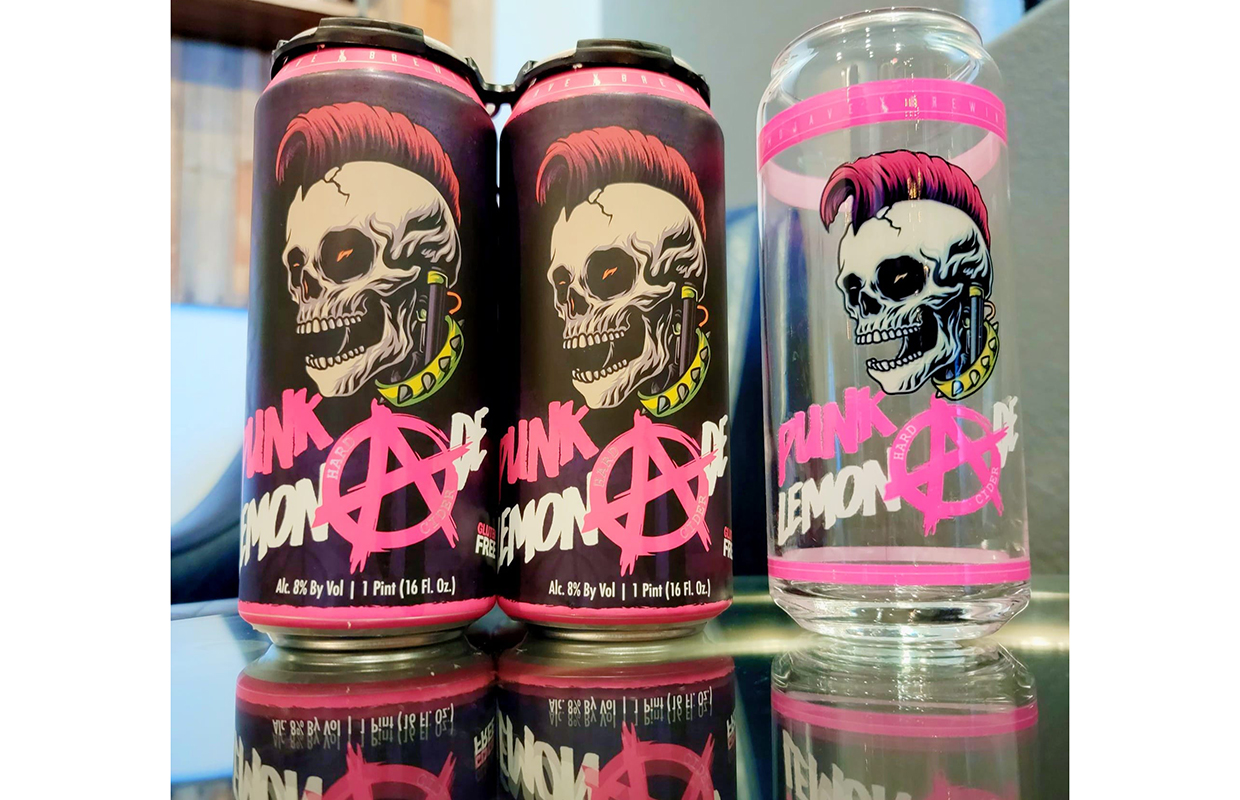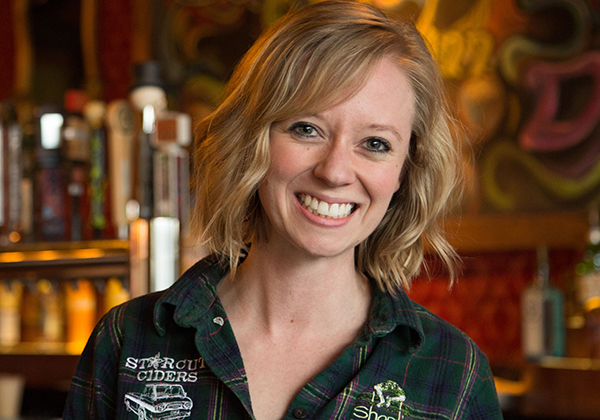
Before opening a brewery, finding the right way to raise initial capital is obviously paramount. Finding that sweet spot between bank loans or investors is crucial, but there are downsides every brewery owner has to consider. While experienced investors may be able to offer insights into running a business, going that route means giving up some ownership in your brewery.
And while bank loans allow you to retain ownership with a more simple relationship, they can be hard to acquire, and the consequences can be brutal if not repaid.
Owners from a few different breweries discussed their reasons for funding their breweries the way they did, as well as the downsides to those plans.
When Denver Beer Co. —which was founded in 2011 — opened its first taproom on Platte Street, it was initially funded by the brewery’s co-founders, Patrick Crawford and Charlie Berger, along with some extra help from family and friends. This taproom features patios and German-style beer garden tables.
“Denver Beer Co, at its very roots, has always been about creating a community surrounding a mutual love for craft beer and this approach is evident in its startup financing,” they said.
To be able to grow though, the brewery had to take out bank loans, making it possible to open a secondary location and new production and canning facility on Jason Street in 2014. It’s dubbed Canworks, and it’s where customers can see the brewing machinery while enjoying a taproom. A third tasting room was opened in Olde Town Arvada in 2017.
Telluride Brewing Company in Telluride, Colorado has a similar business plan. Two best friends who shared a love of craft beer partnered up in 2011 to form the venture. The brewery opened in 2012 with the help of a small group of private investors, consisting mainly of close family and friends paired with loans from the bank.
There was a strategic reason for going this route and staying private. Going public would have meant the owners would give up partial ownership in the company.
“We went with using banks so we did not have to give up equity positions as owners in the business,” said Brian Gavin, COO and owner of Telluride.
The downside to this, in the meantime, was jumping through hoops for the bank.
“The amount of red tape and paperwork involved with using banks is incredible and takes a lot of time to gather,” Gavin said.
However, it was important to keep the ownership of the company stable. Every time a company issues new stock, ownership dilutes as the pie is cut into more slices, and each existing shareholder’s ownership decreases.
“Bank loans allowed us to keep our current owners whole without dilution of ownership,” Gavin said.
The loans were not restrictive enough to keep Telluride from growing, as it’s seen four expansions in four years, which has allowed production to roughly double each time.
Boise Brewing, in Boise, Idaho, took a completely different route than the aforementioned. In order to open its doors in 2014, Boise raised some of its startup costs online through a Kickstarter campaign.
The Kicksarter campaign was more of a proof of concept, Rudeen said, and Kickstarter investors don’t get equity. After meeting with lawyers and banks, Rudeen and the head brewer came up with the idea for a community-owned brewery. More than 280 individual owners and businesses bought in so Boise could open in June, 2014.
“We do have some bank debt as well, as we needed a little more than we raised through equity,” said owner Collin Rudeen.
Instead of looking at losing ownership as a downfall, the Boise owner embraced the concept of community ownership. After two rounds of public equity offerings — the second in 2017 to expand production — Boise has more than 450 owners, helping it raise more than $750,000 and get up to 2,000 barrels.
“Having this many owners has been a really great way for us to raise money and build in a solid customer base, but is also not for the faint of heart,” Rudeen told Brewer.
“We got our start as a community-supported brewery, and the idea of a small number of already wealthy people owning all of the company didn’t sit right with me. This way, we can be true to our community values, not only in our operations, but even in our ownership structure.”
As a C-Corp brewer, there are no official rules or requirements for the owners, aside from an annual shareholder meeting.
Rudeen contends with some legal issues, including having risk factors addressed in offering documents, making sure prospective investors know what they’re getting into, protecting the company, and making sure all shareholders receive information about the annual meetings.




Be the first to comment